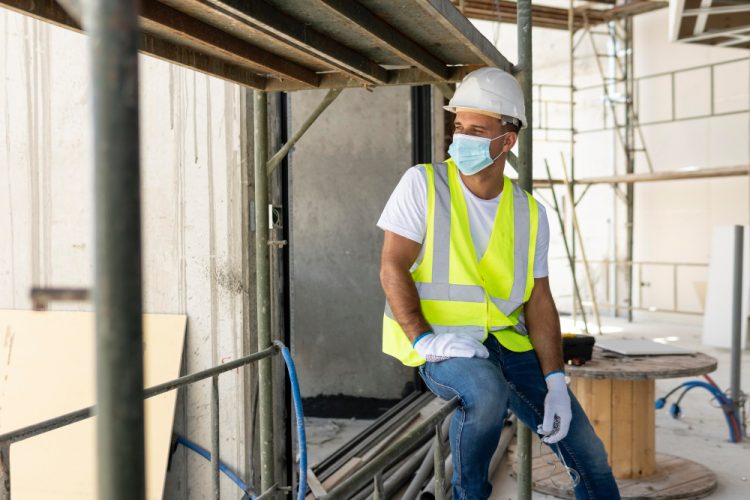Concrete removal is often one of the first major steps when preparing a site for redevelopment, renovation, or repair. Whether you’re tearing out old slabs, cutting through reinforced foundations, or clearing outdated walkways, the process must be handled with care. Proper concrete removal preserves surrounding structures, minimizes environmental impact, and ensures safety. Below is a look at what concrete removal involves—and why partnering with experienced contractors like Trinity Industrial Services makes all the difference.
What Is Concrete Removal?
Concrete removal means more than just breaking up hardened slabs. It can include:
- Saw-cutting or wall-sawing sections of concrete for precise removal
- Demolishing floors and ceilings
- Excavating reinforced concrete structures, foundations, and footings
- Removing driveways, sidewalks, patios, and curbs
- Hauling away debris and preparing the sub-grade for what comes next
Each job presents unique challenges, depending on the thickness, reinforcement, overlapping utilities, location, and access.
Key Methods Used in Concrete Removal
There are several effective techniques, depending on the job size and complexity:
- Saw Cutting – Diamond or wire saws slice through concrete cleanly. Useful for isolating sections or making cuts before demolition.
- Hydro-Demolition – Using high-pressure water jets to remove damaged or deteriorated concrete without damaging reinforcing steel. Helps preserve structural integrity.
- Jackhammering & Pneumatic Tools – For breaking up concrete manually or mechanically. Usually followed by removal of broken chunks.
- Robotic Breakers / Remote Tools – Ideal for areas with restricted access or where precision is crucial. They help reduce risk and limit disturbance.
Using the right tools, viewing hidden reinforcements, and accounting for load-bearing elements are critical in choosing which method to apply.
What Needs to Happen Before Removing Concrete
- Site Evaluation
The condition of the concrete, presence of reinforcement (rebar or wire mesh), thickness, and neighboring structures must be assessed. Also important: locate buried utilities or pipes. - Permits & Local Requirements
Concrete removal often requires compliance with codes, permits, and safety standards. Dust control, noise limits, disposal of debris—all governed by local rules. - Safety and Containment
Workers must be protected with appropriate PPE. Surrounding areas need barriers or protection. Dust suppression (wet cutting or water spray) helps reduce airborne particles. - Equipment & Workforce Planning
The crew needs experience. The machinery (saws, breakers, excavation tools) should be inspected and properly maintained. Access for heavy equipment and haul trucks must be planned. - Waste Management and Recycling
Concrete is heavy and takes up space. Salvaging rebar, recycling broken concrete as fill, or taking it to recycling facilities cuts costs and environmental burden.
Benefits of Professional Concrete Removal
- Structural Safety — Expert handling avoids damaging adjacent materials, foundations, or utility lines.
- Health Protection — Dust and debris are kept under control, reducing risk of airborne silica and other hazards.
- Cost Control — With accurate upfront assessment and planning, surprises are fewer, and delays or overruns are minimized.
- Project Readiness — Once concrete is removed, the site can be graded, prepared, and built on more efficiently.
- Environmental Responsibility — Recycling materials and disposing properly aligns with sustainability best practices.
Why Trinity Excels in Concrete Removal
Trinity Industrial Services brings together local expertise, technical know-how, and rigorous safety protocols to concrete removal jobs of all sizes. Here’s how they deliver value:
- Detailed site assessments to understand reinforcement, structure, and underlying soil conditions
- Selection of precise removal methods suited to each project’s needs
- Use of containment, wet cutting, robotics or remote equipment when needed to limit risk and disturbance
- Solid safety programs, training, and equipment for crews working on site
- Responsible debris haul-off and reuse or recycling of concrete where possible
- Post-removal site prep so the ground is ready for new construction, landscaping, or paving
Carefully executed concrete removal is not just about demolition—it’s about setting up your site for success. With Trinity’s expertise, property owners in Atlanta can proceed with confidence, knowing the concrete removal phase is handled safely, efficiently, and sustainably.












